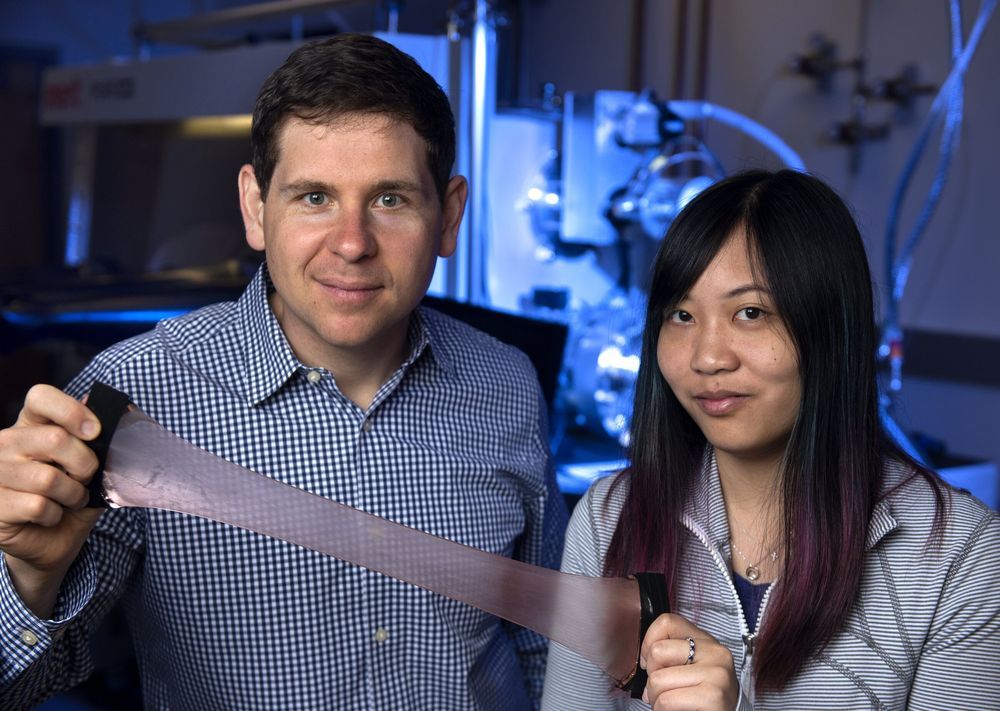May have posted this, but this is very cool. “We can now generate insulin-producing cells that look and act a lot like the pancreatic beta cells you and I have in our bodies,” explains one of the team, microphysiologist Matthias Hebrok from the University of California San Francisco (UCSF).
Although treatment of type 1 diabetes has come a long way since it was first described in Ancient Egypt, insulin injections and finger pricks are a daily part of life for many diabetics.
But researchers have just made a breakthrough that might one day make these technologies obsolete, by transforming human stem cells into functional insulin-producing cells (also known as beta cells) – at least in mice.
“We can now generate insulin-producing cells that look and act a lot like the pancreatic beta cells you and I have in our bodies,” explains one of the team, microphysiologist Matthias Hebrok from the University of California San Francisco (UCSF).









